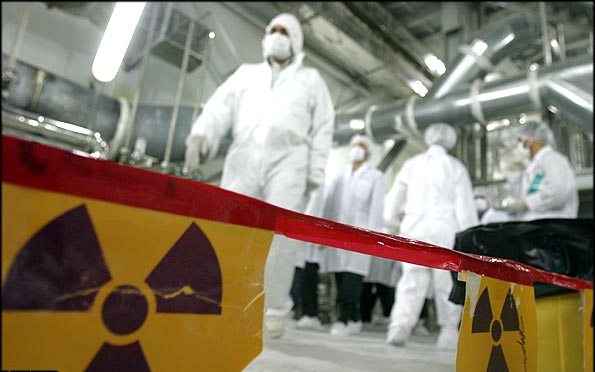
Finally, after protracted talks between the Islamic regime of Iran and the P5+1, and following the framework accord agreed in Lausanne in April, the parties have signed a deal, which will come into force after ratification by the UN’s Security Council. The Islamic Republic has conceded wide-ranging restrictions on its nuclear programme: the level of uranium enrichment, the number of centrifuges, the reconfiguration of Arak heavy water production facility and signing up to the Additional Protocol to the Nuclear Non-Proliferation Treaty (NPT), allowing more extensive inspections. In return, the West’s economic sanctions against Iran are to be removed over a defined period of time. The arms embargo will remain in force for up to five years, and the ban on import of ballistic missiles for up to eight. Thus, with the Iranian regime’s capitulation to the US and European states, its nuclear efforts, which pursued military objectives, while inflicting severe hardships on the people and subjecting the society to a climate of insecurity, will be limited for at least a number of years.
There is no doubt that this deal is not tantamount to an improvement in the relations of the Islamic Republic with the West and its integration in the world economy. The conflict with the West will continue on several fronts. For the regime’s factions, too, the deal will provide another basis for the intensification of their infightings.
From the viewpoint of the overwhelming majority of the people of Iran, who wanted an end to the Islamic Republic’s nuclear efforts and the economic sanctions, this deal is a victory for them, and at the same time a huge political defeat for the Islamic Republic, paving the way for an escalation in mass struggles for ‘welfare and dignity’.
Factions within the regime and their supporters, including the so-called reformists, claim that this deal will result in an economic opening and a political relaxation, and demagogically try to persuade people to support Rouhani and await his government’s supposed miracles. However, the nuclear deal will not of itself lead to an improvement in the economic condition of the people. The regime will try to push ahead with the austerity programmes and cuts in living standards in the name of ‘economic reconstruction’ and ‘encouraging foreign investment’. So any improvement in the economic condition of the people and any political and cultural opening can only come about as a result of an escalation in strikes and people’s protests. The workers, women and the youth must unify their ranks even more to drive back the regime and enforce their demands on the parasitical rulers.
The Worker-communist Party of Iran calls on workers, women, the youth and the masses of the people to turn this development into a stepping-stone in the fight for their demands and the overthrow of the Islamic Republic.
Worker-communist Party of Iran
14 July 2015


Be the first to comment